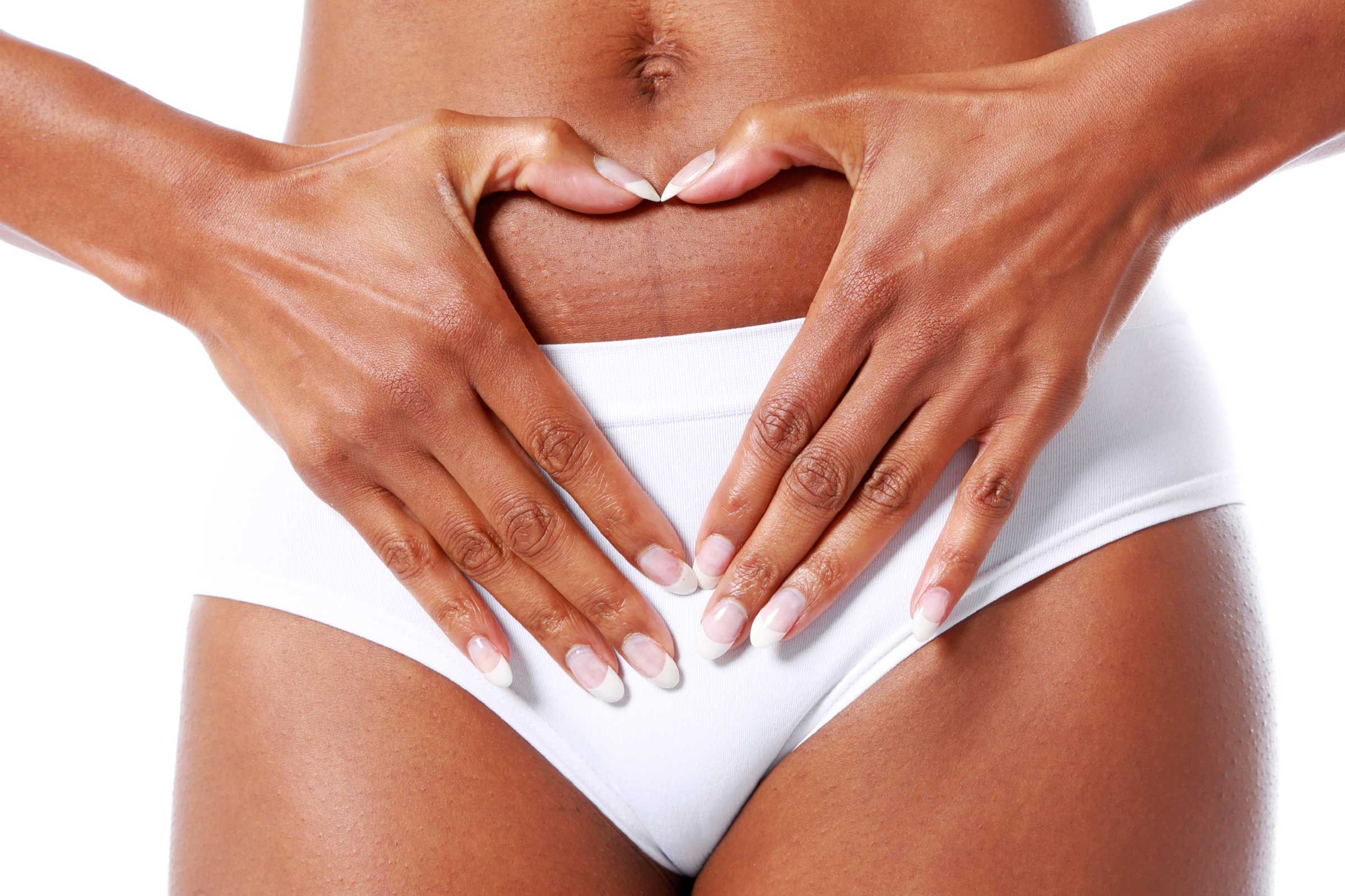Pregnancy is one phase in life where women expect to have some very obvious bodily changes such as larger breasts, swelling on the feet for some women, and most of all a larger abdomen.
While those above are a few of the most apparent changes an expectant mother would experience, other parts of the body get affected by pregnancy, but the changes that happen to these body parts are hardly talked about because they are not exposed to other people.
Have you ever wondered what happens to your vagina when you get pregnant or if pregnancy has any effect on your vaginal health? Whether you just got pregnant or you just delivered your baby, there are a few things that you should know about your vagina health during this period, and this article is going to bare it all out.
Your vagina health during pregnancy
If you know how your vagina should be when you get pregnant, you just might be able to head off some potential complications. These are a few ways pregnancy will affect your vagina.
1. Increased vagina discharge
Women you are pregnant notice an increase in the quantity of vagina discharge they have and it a totally normal thing. This increase in vaginal discharge is caused by the high levels of progesterone and estrogen in a women’s system during pregnancy.
An increase in blood flow and blood volume is another reason why you may be having an increase in vagina discharge.
Your vagina discharge during pregnancy should be white thin and milky and as your diet date approaches expect it to get heavier. Your vagina discharge might have a mild smell that is more noticeable than before you got pregnant but it should never have an offensive or bad odor.
If you feel bothered about your vaginal discharge during pregnancy, you can decide to wear mini pads or panty liners to prevent it from collecting in this panties.
2. Increased risk of vaginal infection
In a lot of cases, an increase in vaginal discharge could mean that you have a vaginal infection and such infections are very common during pregnancy.
One reason why the chances of having a vaginal infection are high during pregnancy is that your hormonal changes affect the pH balance of your vagina. Some of the common vaginal infections During pregnancy include the following:
Yeast infection
During pregnancy, your vaginal discharge tends to contain more sugar, and that is the food of choice for yeasts. While a yeast infection won’t harm your unborn child, it can make your life as a pregnant woman very uncomfortable.
Some of the symptoms of a vaginal yeast infection include vaginal burning, vaginal itching, and your vaginal discharge would resemble cottage cheese and also smell like yeast.
Bacterial vaginosis (BV)
According to reports by the American pregnancy association about 10 to 20 percent of pregnant women will be infected by bacterial vaginosis.
This vaginal infection is caused by an imbalance of the good and bad bacteria in your vagina. The major symptoms of bacterial vaginosis is a fishy smell and grey vaginal discharge. Untreated BV can lead to pre-term labor, miscarriage, and low birth weight.
Trichomoniasis
You can get this infection by having sex with an infected person. This vaginal infection can cause some serious pregnancy complication such as premature birth and your water breaking too soon.
The symptoms of this condition include a yellow-greenish smelly vagina discharge, pain during sex and urination, vaginal redness and itching.
3. Increased vaginal swelling
Your blood flow will experience a significant increase during pregnancy to help support your baby. When this happens, your labia and vagina will look bigger and fell swollen. The increased blood flow and swelling may also cause you to feel more aroused and increase your libido.
Increased blood flow and hormonal changes may also cause your labia and vagina to look darker and appear to have a blushes tint.
There are cases where the vaginal swelling is caused by an infection. If you notice that the vaginal swelling comes with redness, itching, and burning, make sure to contact your doctor as that is dangerous for you if not for your baby.
4. Vulva varicose veins
If you think your legs are the only place varicose veins can appear on your body when you are pregnant, I’m sorry to break it to you, but it can appear on your vulva as well.
Vulva varicose veins appear as a result of an increase in your blood volume and a reduction in the taste at which thought blood flows from your lower extremities.
Vulva varicose veins can cause pressure, discomfort in your vagina and vulva, and also fullness in your vagina area.
To relieve symptoms of vulva varicose vein, you can apply a cold compress, wearing a compression garment, and alleviating your hips when you lie down. The good news is that most vulva varicose veins disappear without treatment a few weeks after childbirth.
5. Vaginal bleeding
Bleeding from your vagina during the first three months of pregnancy isn’t rare or unusual. And usually it is due to the implantation of the fertilized egg to the lining of the uterus, but there is also the chance of it happening due to an increase in your blood volume.
In some cases, vaginal bleeding signifies a miscarriage, but that doesn’t mean you should assume that you have had a miscarriage once you notice a few drops of blood. You may, however, feel bothered if the vaginal bleeding is accompanied by a severe menstrual pain like cramp and also passing out some tissues from your vagina.
Nevertheless, if you experience bleeding during the second or third trimester your pregnancy, you should be worried. If you feel that your vaginal bleeding is caused by any of the following, please see your doctor immediately.
- Premature opening of the cervix
- Uterine rupture
- placenta abruption (when the placenta peels away from the uterine lining)
- preterm labor
When you get into labor, you will notice a vaginal discharge that will appear to be mixed with some pink mucus. That is a totally normal thing, and it’s called a bloody show.
Vaginal health after childbirth

No matter what scenario your vagina is subjected to during the birth of your baby, it is normal to have some bruising, pain, and swelling afterward. It may be excruciating to urinate or empty your bowels after giving birth because of the bruising, but for a lot of women, this pain disappears after a few weeks if having your baby.
If you had a tear during childbirth or there was a tear in the skin between your anus and vagina, it just might take a few more weeks or a little longer to heal completely.
It is common to have vaginal bleeding for up to two weeks or as much as six weeks after childbirth. And first the first 24 hours after the birth of your baby, you might also notice some blood clot in the bright red vaginal discharge, but that should reduce in a few days.
And then there is the part where your vagina may feel stretchy and even more extensive than it was before childbirth but expect the elasticity to return gradually within a few weeks. However, if you can engage in some pelvic floor exercises, it would help to tighten your vagina with time.
Breastfeeding mothers usually experience dryness in the vagina because their estrogen levels reduce, however if you are breastfeeding and desire to have sex, you can make use water based lubricants to prevent bruising during sex.
In conclusion, your vagina requires a lot of care whether you are pregnant or not. However, knowing that you are carrying another life inside you should push you to take extra care, so you do not endanger the life of the unborn baby.
Endeavor to maintain personal hygiene and visit your doctor wherever you notice any vagina change that gives you cause for worry.












